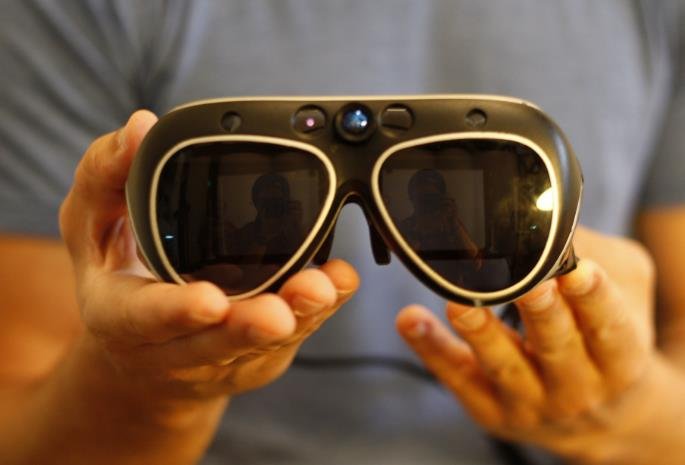Meta Platforms, formerly known as Facebook, has unveiled its latest AI products for consumers at the Meta Connect conference on Wednesday. The products include a new generation of smart glasses that can stream live on Facebook and Instagram, a chatbot that can generate realistic images and text, and an updated virtual-reality headset.
The new Ray-Ban smart glasses, which will start shipping on October 17 for $299, will feature a built-in Meta AI assistant that can answer questions and perform tasks. The glasses will also be able to livestream broadcasts of what the user is seeing directly to Facebook and Instagram, an improvement over the previous version that could only take photos.

The Meta AI assistant will use a custom model based on the powerful Llama 2 large language model that the company released for public commercial use in July. The assistant will have access to real-time information via a partnership with Microsoft’s Bing search engine. A software update planned for next year will give the assistant the ability to identify places and objects that the user is seeing, as well as to perform language translation.
Meta CEO Mark Zuckerberg said the smart glasses were part of the company’s vision to bring together virtual and real worlds, and to make AI accessible to everyone. “This isn’t just going to be about answering queries,” he said. “This is about entertainment and about helping you do things to connect with the people around you.”
Meta AI chatbot and image generator
Another product that Meta introduced at the conference was a chatbot called Meta AI that can generate both text responses and photo-realistic images. The chatbot can create images based on text prompts, such as “a dinosaur as a house pet” or “change the style of my dog’s fur”. The chatbot can also converse with the user and provide information or entertainment.
Zuckerberg said the chatbot was one of the company’s first consumer-facing generative AI products, which use deep learning to create new content from scratch. He said the chatbot was powered by Llama 2, which has 175 billion parameters and can process natural language at scale. He also showed off some of the images that the chatbot created, such as a portrait of his dog Beast in different styles.
“Sometimes we innovate by releasing something that’s never been seen before,” he said. “But sometimes we innovate by taking something that is awesome, but super expensive, and making it so it can be affordable for everyone or even free.”
Quest mixed-reality headset
Meta also announced the latest version of its Quest mixed-reality headset, which will start shipping on October 10. The Quest headset is the bestseller in the nascent VR space and offers a high-quality immersive experience at a relatively low cost.
The new Quest headset will have improved graphics, audio, and battery life, as well as new features such as hand tracking and eye tracking. The headset will also support Meta’s Horizon Worlds, a social VR platform where users can create and explore virtual worlds with their friends.
Zuckerberg said the Quest headset was the best value in the industry, and hinted at the upcoming competition from Apple, which is expected to launch its own VR headset next year. He said Meta was committed to making VR more accessible and affordable for everyone.
“We believe that VR is going to be one of the most important platforms for the future,” he said. “And we’re not going to stop until everyone can experience it.”
